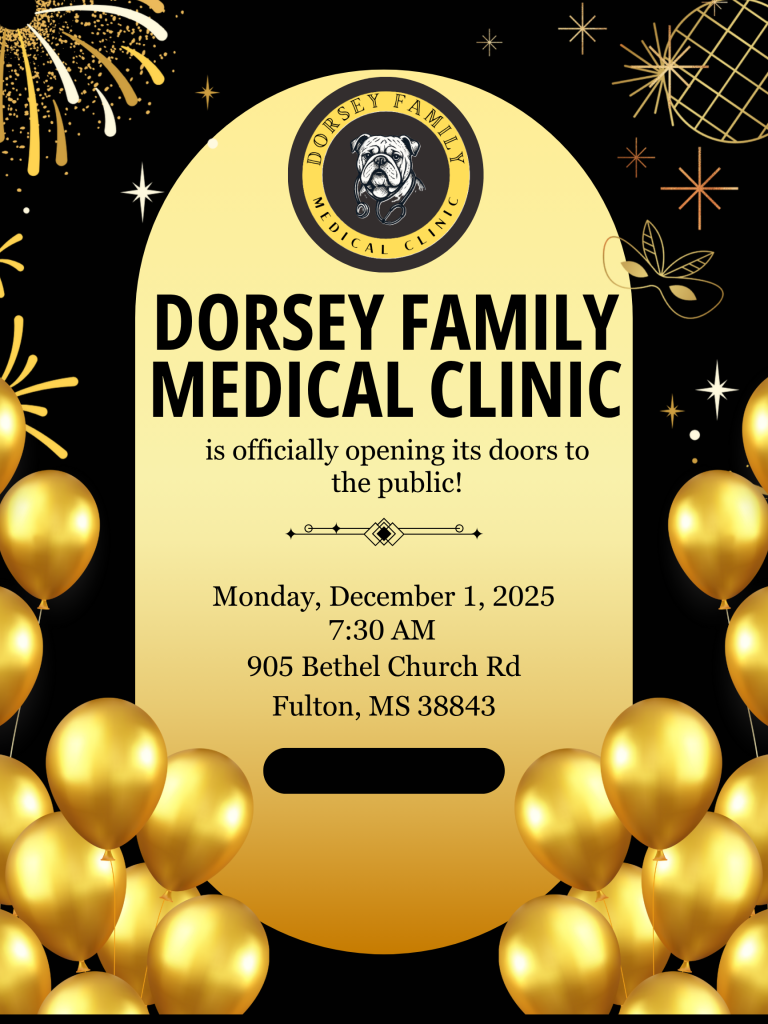
For most people with Alzheimer’s symptoms begin in the mid-to-late 60s. Those rare cases of early-onset Alzheimer’s may begin to notice symptoms as early as their 30s. In either case, the National Institute on Aging believes it’s likely the damage leading to these signs begins a decade before the patient or anyone else notices the signs.
During the early or mild stages of Alzheimer’s, when most patients are diagnosed, patients experience very similar symptoms. Many patients know something isn’t exactly right. Family and friends who do not see the person on a regular basis may even write off a few odd behaviors as typical aging. Most Alzheimer’s or dementia symptoms represent a change in a person’s behavior.
Forgetfulness
It’s common as we age to forget a person’s name and remember it later. We may not know what day of the week it is but then figure it out. Forgetfulness may include struggling with dates and times, misplacing items more frequently or not remembering something you just learned. When you discover you or a loved one relies more and more on memory aids like written notes, reminders set on their phone or assistance from family members visit your provider to discuss the changes.
Difficulty with Daily Tasks
By the time we reach our mid-sixties, most of us have gotten ourselves dressed for the day for over half a century. Remembering what clothes to wear in what weather or how to button our shirt seems like second nature unless you’re suffering from Alzheimer’s. In addition to struggling to dress themselves, Alzheimer patients may also struggle to balance the checkbook, make plans or decisions, cook a simple meal or drive themselves to a familiar place.
Mood and Personality Changes
Knowing you’re confused but not being able to do anything about it is very scary. Often these changes cause a previously outgoing person to retreat. They may prefer to stay at home where things are familiar or they won’t be asked questions they can’t answer. They may also leave favorite hobbies because they find themselves making frequent mistakes. Or they may not remember how to complete the tasks required. Other personality changes include moodiness, anger, anxiety, more confusion, and depression.
Unfortunately, science does not have a cure for Alzheimer’s yet. This devastating illness progresses requiring more intensive care and supervision. There are medications that can help along with support programs for caregivers and family members.
If you suspect someone you love has Alzheimer’s or you need mental health support as you care for the Alzheimer’s patient in your life make an appointment with one of our counselors today.



Speak Your Mind